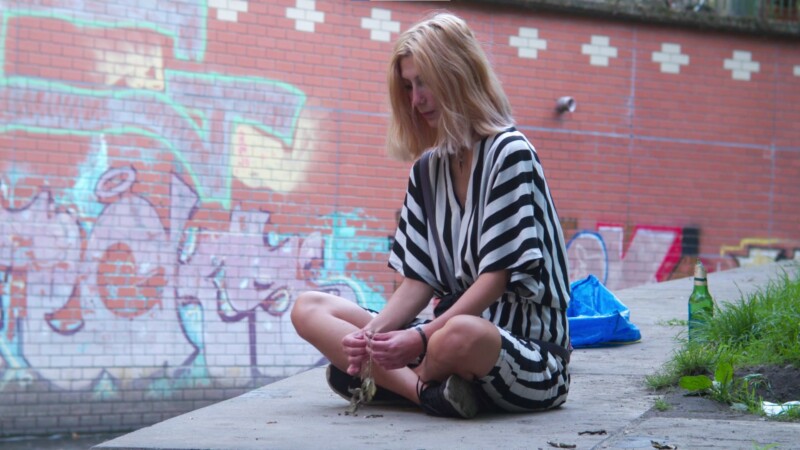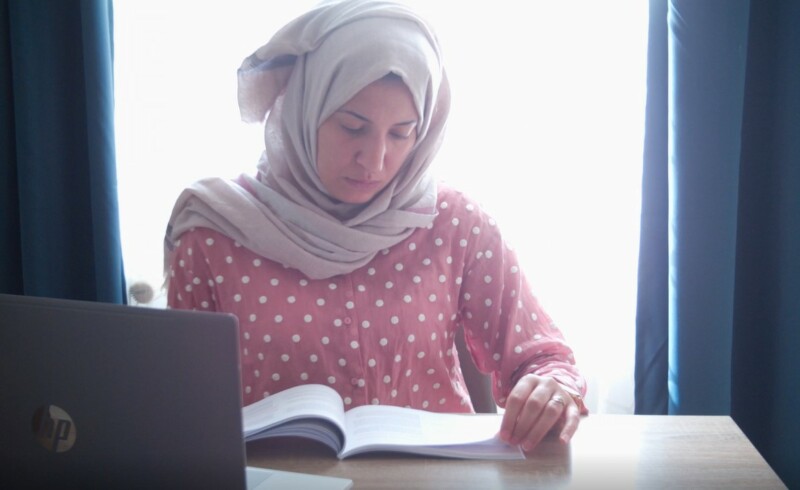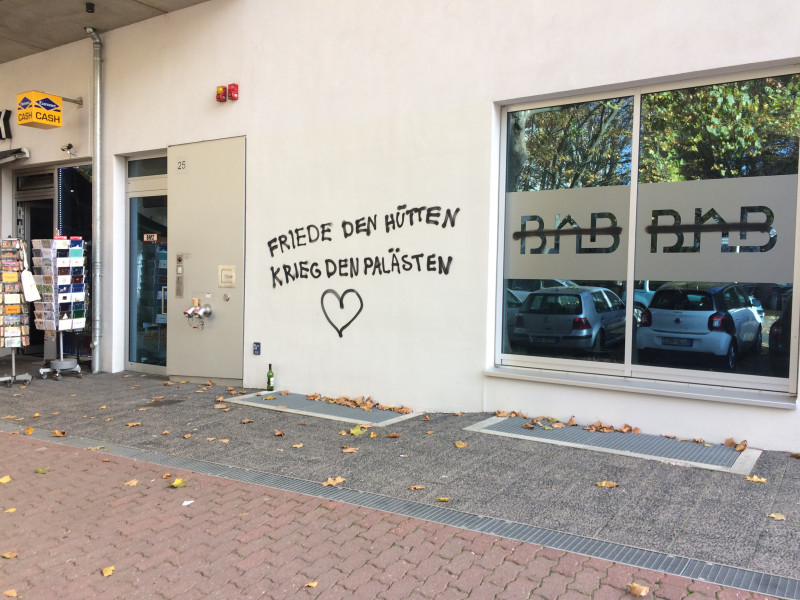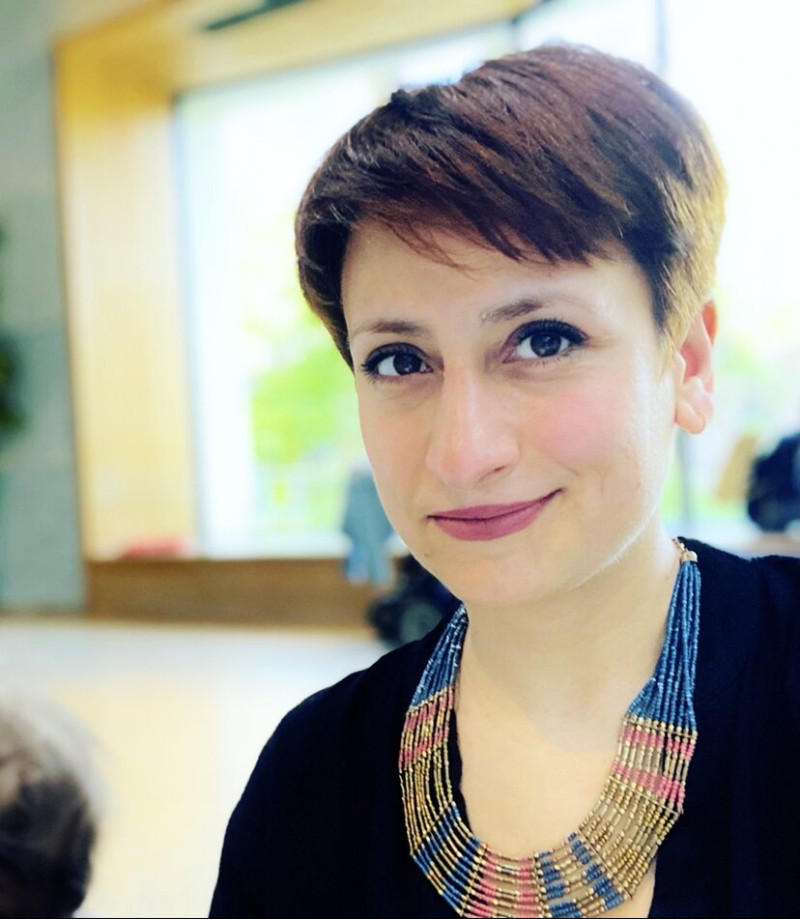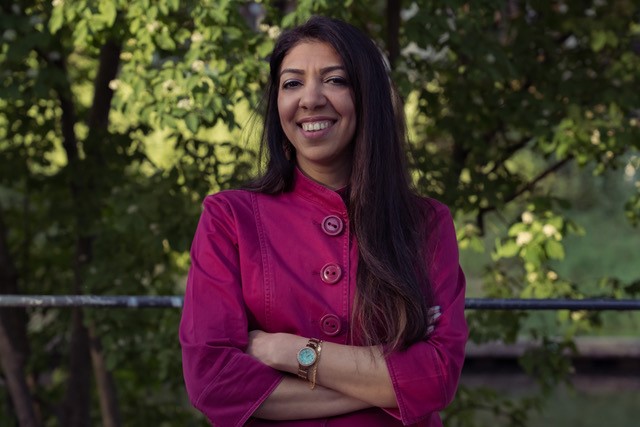What appears today as Europe’s “outside” was for centuries part of European imperial formations in the form of colonies, protectorates and dependencies, characterized by exploitation, enslavement and theft. At the beginning of the 20th century, Europe ruled over 85% of the globe after all. One need not reiterate the fact that Europe’s rise would not have been possible without colonial exploitation and enslavement, and that even the official end of ‘direct’ colonization has done little to alter global inequalities of wealth, power, and prestige. The social and environmental costs of Europe’s “imperial way of life” are still paid by “others,” namely, the peoples of the geopolitical South. The slogan “We are here because you are destroying our countries” so often raised by migrant movements, testifies to this.
With the end of official colonization, the European powers retreated into the epistemic confines of their nation-states, whose ‘borders’ became a filter for the narrative they told of themselves and/in the world. If we do not engage in this foreshortening of perspective, then Europe can no longer appear as the victim of a crisis that arose “elsewhere,” “outside” Europe – of a crisis that stems, so one story goes, from the postcolonial world’s inability to govern itself. On the contrary, Europe’s border security policies serve to compartmentalize and externalize the social and environmental costs of the imperial way of life vis-à-vis the geopolitical South. To look at Europe from its borders means to critically question those demarcations between “inside” and “outside.”
Who or what is included or excluded in the name of Europe? Europe’s borders – like all borders – are the materialization of socio-political relations that continuously (re)produce the division between “inside” and “outside.” Borders must be enforced as fixed and stable realities through repetitive practices and discourses in order to give the appearance of permanence, power, and objectivity. Europe’s borders are intertwined with a politics of racialization that makes Europe appear as a natural entity and legitimizes global inequalities. The racialized borders of Europe, increasingly negotiated against the threat scenario of migration, emerge as a postcolonial formation of whiteness. This does not mean that all Europeans are “white” in the same way or equally. Like the racist formation of “whiteness” itself, Europe’s racialized borders homogenize profound differences and inequalities within Europe. The integrity of the category of “Europeanness” is created precisely by the exclusion of the “non-European.”
Not only the openly racist and neo-fascist movements of recent years brought to light the inseparability of a European identity from the postcolonial project of whiteness, but also the explicitly anti-racist discourses that speak of “European values” of enlightenment, such as dignity, democracy, or freedom. For a Europe that celebrates itself as the heir to universal Enlightenment values and the “inventor” of liberal democracy, racism exists only in the past and, for this reason, only within ‘backward politics’ of the far-right spectrum. The concealment of racism in Europe is the clearest manifestation of the postcolonial situation and mainly serves to hide this postcoloniality. The narratives of a European culture, civilization, or identity with specifically “European values” conceal racialized constructions of difference under the guise of cultural difference – most clearly in distinction from those values attributed to “Islam.”
The very “race”-blind Europe that ascribes to itself the values of tolerance, freedom, and equality has a long history of producing minorities that are imagined as fundamentally different and therefore diametrically opposed to Europe’s identity and values. Past and present, minorities in Europe have been managed as “cultural” or “religious” problems and transformed into the “Jewish question,” the “Roma question,” or the “Muslim question.” It is no coincidence that the “European question” has been posed by critical racism and migration studies more or less in line with researchers who deal more directly with issues of secularism and secularity. Thus, the privilege of being European seems to be tied not only to the privilege of being white, but equally to the privilege of belonging to an unmarked (Christian) religion that has inscribed itself in the secular. The “European question” is thus inherently also the “Christian question.”
At a time marked by the rise of new manifestations of anti-Muslim racism, which is intricately interwoven with the histories of antisemitism and antiziganism, it seems particularly important to ask the “European question.” Those questions that Europe has asked itself throughout its history and the problems it has “solved” – through extermination, assimilation, violence, expulsion – have always been expressions of the “European question” or “Christian question,” which is inextricably interwoven with the history of racism. As Zygmunt Bauman points out, all societies produce strangers, but each society produces its “own” strangers. The unity of Europe may lie in the very issues and problems that have preoccupied Europe throughout history. They can be understood as repetitions of the same “European question.”
What does all of this mean for the work of the We Refugees Archive?
To look at Europe from its borders means to see Europe not simply as a given, but as a real abstraction, which is continuously (re)produced by inside/outside border demarcations. Deconstructing the racialized borders of Europe means to look attentively at those discourses that constitute “European identity.” Central to this is the discourse of specifically “European values” such as dignity, freedom, democracy, equality, and human rights that produce the differences between “us” and “them.” Even benevolent discourses – such as those of human rights, welcome culture, or “solidarity cities” – can contribute to reinforcing Europe’s racialized borders by (re)producing the division between civilized progressive Europe and the backward rest.
Deconstructing Europe’s borders also means expanding Hannah Arendt’s nation-state framework of analysis in relation to the “end of human rights.” If we do not allow ourselves to be drawn into the epistemic narrowness of the nation-states into which the European powers retreated upon the formal end of colonization, then it becomes visible that colonies have always been regarded as legal zones of exception that allowed direct access to the lives of the colonized without legal mediation. It does not seem sufficient, then, to hope for better enforcement of human rights at the local level, for instance. The question must be which hegemonic norms judge who counts as a human being, who qualifies as a legitimate legal subject, and who decides which claims count as legitimate. Is it a matter of a lack of realization of normative claims or, more fundamentally, of questions of normative violence?
Even Arendt’s famous “right to rights” always requires a sovereign power to enforce it and thus never stands outside hegemonic norms. On the contrary, the “right to rights” as a right to community, concerns a deeply political, if not the political question par excellence: the question of belonging, of inside and outside, of friend and foe. Thus, any political community, especially a democratic one, must determine who belongs to it and who does not. The “century of cities” cannot escape this question either. Thus, in addition to a critique of the enforcement of normative claims, there is a need for an analysis of contemporary European racism, which is complexly interconnected with categories of difference: class, religion, and gender. From the critical perspective of the migration of refugees within, out of, and to – the inner and outer borders of – Europe it becomes crystal clear that the so-called “European values” of solidarity, dignity, equality, freedom, democracy and human rights have in fact always been values “for Europeans alone.”
The so-called “refugee crisis” seems particularly troubling for a Europe that believed itself distant and isolated from the crises it (helped) create through its postcolonial ventures in the world. At a time when Europe is no longer setting the pace and direction, it seems not only a moral but a matter of necessity to recognize “Europe” as a problem in need of a solution. The postcolonial theorist Frantz Fanon generously described the task of “Europeans” half a century ago:
“The Third World does not mean to organize a great crusade of hunger against the whole of Europe. What it expects from those who for centuries have kept it in slavery is that they will help it to rehabilitate mankind, and make man victorious everywhere once and for all . . . This huge task, which consists of reintroducing mankind into the world, the whole of mankind, will be carried out with the indispensable help of the European peoples, who themselves must realize that in the past they have often joined the ranks of our common masters where colonial questions were concerned. To achieve this, the European peoples must first decide to wake up and shake themselves, use their brains, and stop playing the stupid game of the Sleeping Beauty.”
His demand seems more pertinent today than ever before.
The essay was written by Amrei Deller as part of a cooperation between Freie Universität Berlin and the We Refugees Archive.
Under the supervision of Prof. Schirin Amir-Moazami, students in the seminar “Narratives of Refugees in the Light of Border Regime Research” in the winter semester 2020/21 worked on critical methods of qualitative social research as well as literary and scientific texts on the topic of border regimes.
Border regime research primarily focuses on the political, economic, and legal conditions that produce migration and borders as social phenomena in the first place.
In collaboration with the We Refugees Archive, seminar participants conducted interviews with refugees about their everyday experiences in Germany or wrote articles on the common themes of the seminar and the archive.
